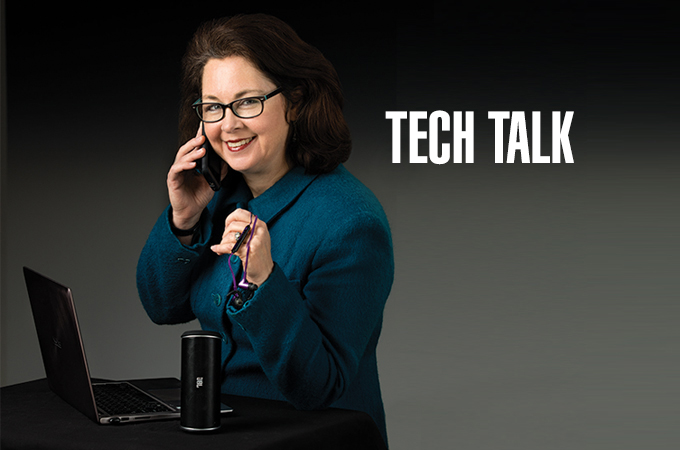Technology professionals spend a tremendous amount of time and money making sure your personal information is safe from hackers. A hacker is someone who uses computers to illegally obtain data or get your computers (even your smartwatch) to do what they want. It’s important for people to understand fully how to avoid hacking. Below are some web safety tips.
➧ Make sure you are on a secure site when entering a password or credit card information. Your computer browser (where you surf the web), such as Google Chrome, now has a green lock with the words Secure next to the web address (URL). Starting January 2017, any website asking for a password or credit card is marked red and ‘Unsecure’ if it does not use HTTPS. HTTPS is a secure communication between your computer browser, the network and the computer that is running the website.
➧ Christian Espinosa, founder of Alpine Security, advises: “Be suspect of unsolicited emails around events and holidays, such as the Super Bowl or Black Friday. For instance, a Black Friday email from amazon.com may not really be from amazon.com. Resist the urge to click on links in the email, despite how great or timely the deal. Attackers play on curiosity and create a sense of urgency. If you can’t resist the Black Friday sale in the email from ‘amazon.com’, visit amazon.com via a browser, avoiding all links in the email.”
➧ Another tip from Espinosa is to use a long ‘passphrase’ instead of a ‘password’. He says: “For instance, something similar to ‘iliketoeatsushi’, a passphrase, is better than ‘B@s3ba1!’, a password. The former takes 16 centuries to crack, the latter takes four hours, checked by https://password.kaspersky.com/.” Kaspersky is a website security software company that provides you a way to see how quickly your password can be compromised.
➧ On social media, be careful when a Facebook friend all of a sudden reconnects with you or sends you a personal message. Don’t just accept friend or connection requests. If you think you already connected with the person, don’t accept another request. It could be a fake account created by someone trying to get into your computer.
➧ As I have said before, be sure to keep your software updated and protected. If you take precautions, stay alert and stay leery of the too-good-to-be-true emails, it increases your chance of protecting your information. How do I protect myself? I stopped letting my kids use my computer and know my passwords.
Check Out: Want to learn more about cybersecurity? Check out PBS NovaLabs.
Try Out: Get all your news in one place with Flipboard.
Sheila Burkett is an information technology expert and co-founder of Spry Digital, an interactive design agency that delivers smart digital solutions. Catch her weekly Spry Hive at sprydigital.com/blog.
